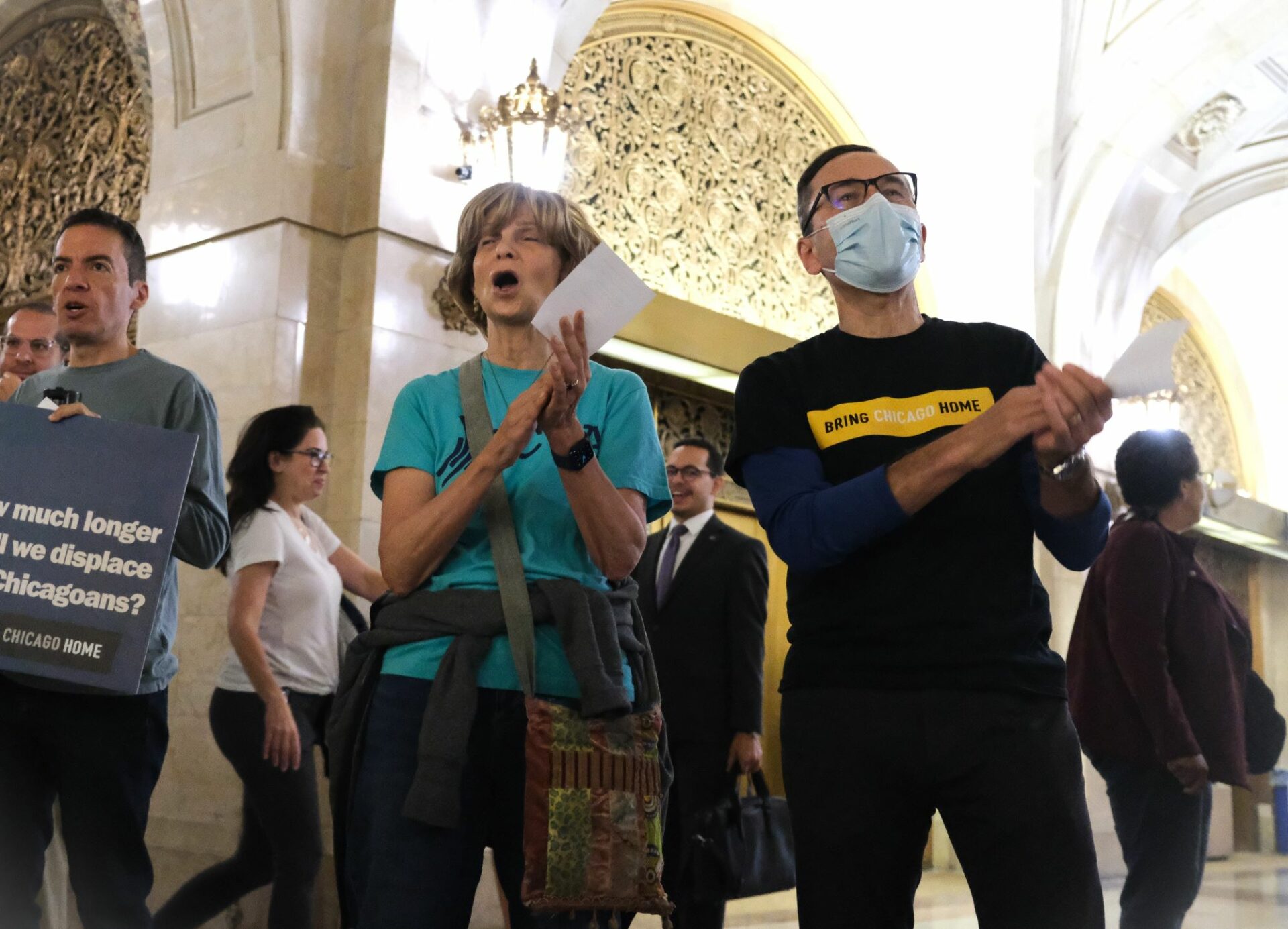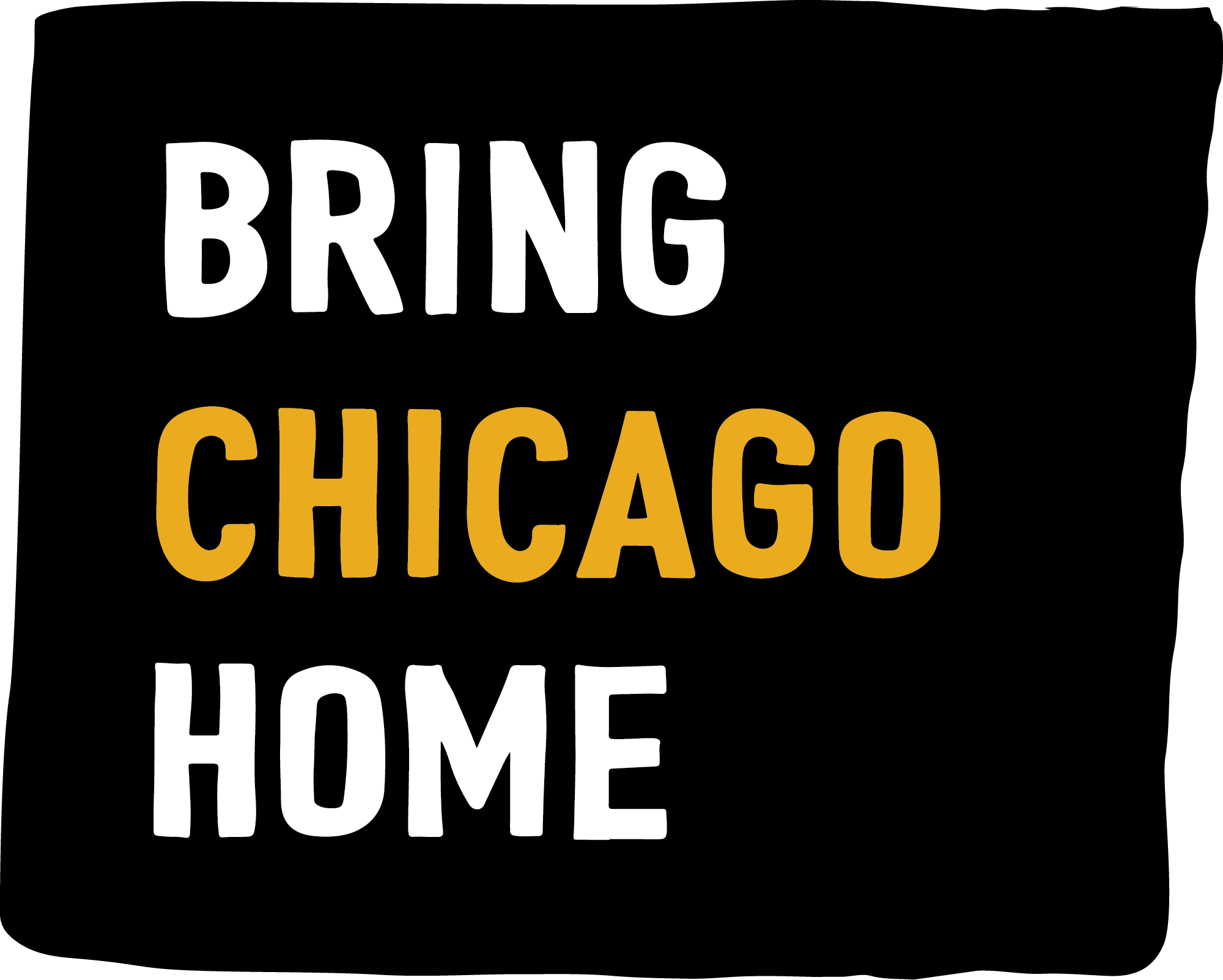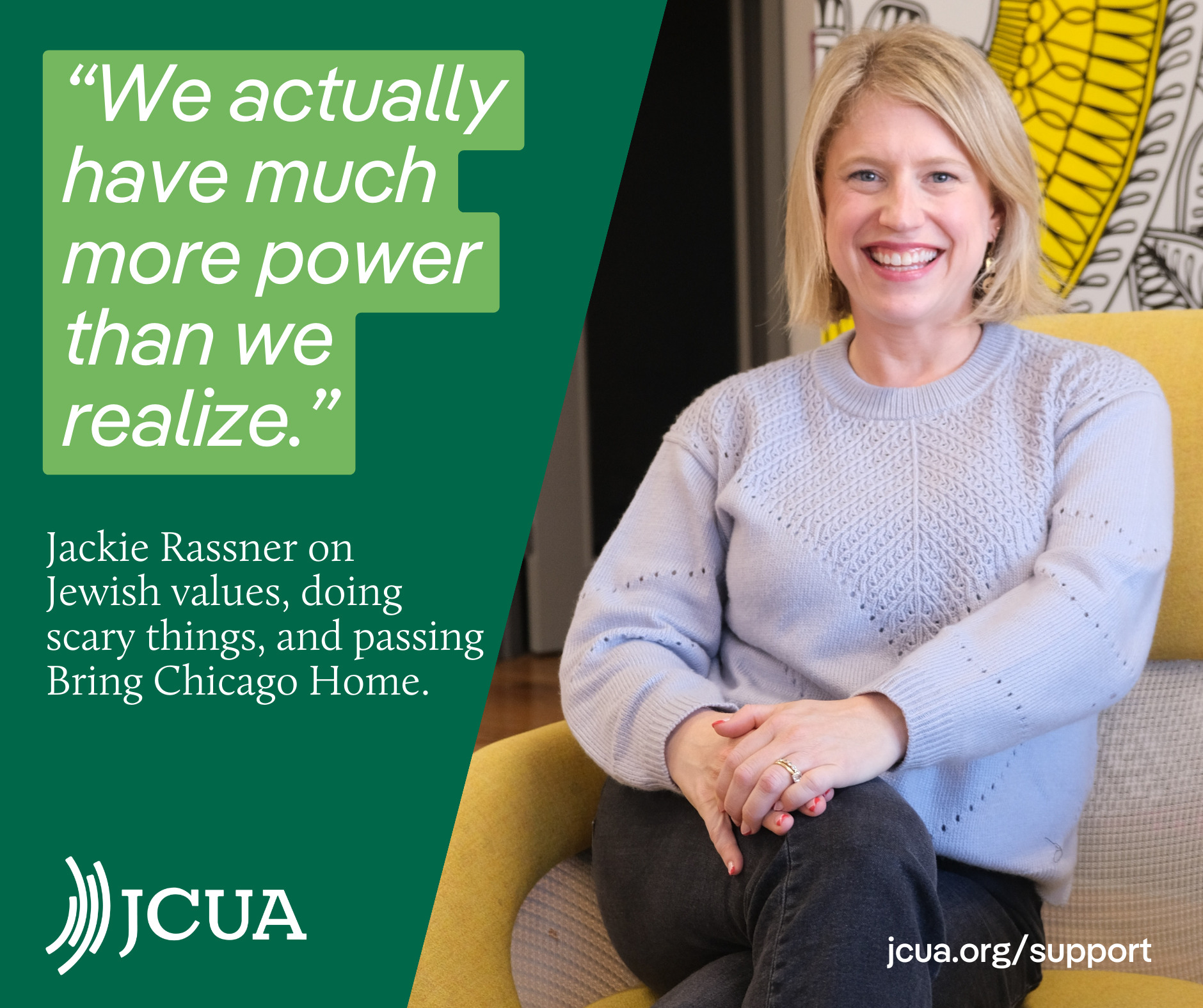D’var Torah: Ki Tetze and Wealth Redistribution
This d’var torah was delivered by Anna Rubin at Rose Crown Minyan on Shabbat, August 26, 2023:
It is well documented that wealthy and high net worth individuals in the United States give a smaller proportion/percentage of their income/wealth to charity than poor and working class individuals. I learned this fact for the first time in 2017 during a training with Crossroads Fund, and I was floored. This moment was early on in my relationship to the Non-Profit Industrial Complex, I wasn’t yet as jaded as I am now about the often tight-fisted nature of the uber wealthy, and had not yet experienced the hoop-jumping that is often mandated by wealthy individuals and institutions that do decide to support the organizations I am part of. In my mind at the time, it seemed straight forward. If you have more, you give more; if you’re able to give more, you give more; if you’re being asked to give more, you give more — if you have more to give, you simply can and therefore would give more.
While of course many well off and wealthy individuals and families do give generously and meaningfully to their communities, in amounts that are crucial for the maintenance and sustenance of those communities, that is not universally the case and not always proportionately the case. As Judith Warner shared in a 2010 article in the New York Times about a study published around that time, it was found that “lower-income people were more generous, charitable, trusting and helpful to others than were those with more wealth. They were more attuned to the needs of others and more committed generally to the values of egalitarianism. “Upper class” people, on the other hand, clung to values that “prioritized their own need.” …“wealth seems to buffer people from attending to the needs of others.”
She referred to this phenomenon as the Compassion Deficit.
There are numerous articles and reports published speculating about why this compassion deficit exists and about why, in general, it is that those with less give proportionally more. Happy to dive into some of those reasons with folks over kiddush, I’m sure you all have your own guesses. But what I want to focus on NOW is the reality that in the U.S., we live in a society in which so much charitable giving is needed in the first place. And where I want to focus within that reality is that we live in a nation where there is a weak social safety net that is barely maintained by the low tax rates and high tax breaks locally and federally; much of our charitable giving goes to providing basic services to our neighbors struggling to maintain stable housing, put food on the table, and access necessary medical care — all things that are basic human needs and rights that can and should be supported robustly by our governing bodies.
In this week’s parsha, I found support for the idea of institutionalizing the practice of individuals contributing to support the needs of others in their communities. To be honest, I found Ki Tetze highly upsetting and demoralizing to read. For those of you who were reading along now or are in general familiar, there are a lot of horrible things that are said in these chapters and I am simply choosing this year not to engage with them. What I am choosing to engage with is Deuteronomy 24:18-22
דברים כ״ד:י״ח-כ״ב
(יח) וְזָכַרְתָּ֗ כִּ֣י עֶ֤בֶד הָיִ֙יתָ֙ בְּמִצְרַ֔יִם וַֽיִּפְדְּךָ֛ יְהֹוָ֥ה אֱלֹהֶ֖יךָ מִשָּׁ֑ם עַל־כֵּ֞ן אָנֹכִ֤י מְצַוְּךָ֙ לַעֲשׂ֔וֹת אֶת־הַדָּבָ֖ר הַזֶּֽה׃ {ס} (יט) כִּ֣י תִקְצֹר֩ קְצִֽירְךָ֨ בְשָׂדֶ֜ךָ וְשָֽׁכַחְתָּ֧ עֹ֣מֶר בַּשָּׂדֶ֗ה לֹ֤א תָשׁוּב֙ לְקַחְתּ֔וֹ לַגֵּ֛ר לַיָּת֥וֹם וְלָאַלְמָנָ֖ה יִהְיֶ֑ה לְמַ֤עַן יְבָרֶכְךָ֙ יְהֹוָ֣ה אֱלֹהֶ֔יךָ בְּכֹ֖ל מַעֲשֵׂ֥ה יָדֶֽיךָ׃ {ס} (כ) כִּ֤י תַחְבֹּט֙ זֵֽיתְךָ֔ לֹ֥א תְפַאֵ֖ר אַחֲרֶ֑יךָ לַגֵּ֛ר לַיָּת֥וֹם וְלָאַלְמָנָ֖ה יִהְיֶֽה׃ (כא) כִּ֤י תִבְצֹר֙ כַּרְמְךָ֔ לֹ֥א תְעוֹלֵ֖ל אַחֲרֶ֑יךָ לַגֵּ֛ר לַיָּת֥וֹם וְלָאַלְמָנָ֖ה יִהְיֶֽה׃ (כב) וְזָ֣כַרְתָּ֔ כִּי־עֶ֥בֶד הָיִ֖יתָ בְּאֶ֣רֶץ מִצְרָ֑יִם עַל־כֵּ֞ן אָנֹכִ֤י מְצַוְּךָ֙ לַעֲשׂ֔וֹת אֶת־הַדָּבָ֖ר הַזֶּֽה׃ {ס}
Deuteronomy 24:18-22
(18) Remember that you were a slave in Egypt and that your God יהוה redeemed you from there; therefore do I enjoin you to observe this commandment. (19) When you reap the harvest in your field and overlook a sheaf in the field, do not turn back to get it; it shall go to the stranger, the fatherless, and the widow—in order that your God יהוה may bless you in all your undertakings. (20) When you beat down the fruit of your olive trees, do not go over them again; that shall go to the stranger, the fatherless, and the widow. (21) When you gather the grapes of your vineyard, do not pick it over again; that shall go to the stranger, the fatherless, and the widow. (22) Always remember that you were a slave in the land of Egypt; therefore do I enjoin you to observe this commandment.
Ok now, once again, to be honest, I still don’t love this. When I read these verses, what I hear is: listen, if you have some leftovers, if you have some scraps, leave them! Don’t be too careful, don’t be stingy, leave some leavings behind, and people in the community who need them will know they can take them, and they will take them, and that is how you can support their well being. Fine. It’s not terrible, but it’s certainly not GREAT. It’s not proactive, it’s not institutional, it’s still individuals relying on the carelessness of individuals to survive.
Fine. So, how do I salve my disappointment in these half-hearted attempts at communal care? We have here expectation setting that if you have abundance, you do not need to horde that abundance — you do not need to accumulate for the sake of accumulation, you do not need to contain every last morsel and keep it for yourself. There is an understanding that, whether you realize it or not, whether you feel it or recognize it, you likely have more than you need, so you can afford to leave the remainder for those who do not. That is a good baseline assumption, I like that. And it in some ways acknowledges the reality of a compassion deficit — the more secure you are with the resources you have, the less you will think about or have at the forefront of your mind the needs of those with fewer resources. So in some ways this method of resource redistribution, based on thoughtlessness, is based in that mindset reality.
And, in reading through the parsha again, I realized that in general in this parsha, what are we doing here with all of these commandments? We are mandating individual behaviors for EVERYONE in the community, with an understanding that, by writing it into the Torah, we are codifying that individual practice. It is much like how today, writing up our tax code is codifying a legal, individual practice of contributing to the state to maintain the wellbeing of all of its residents. Whether people are thinking about the necessity of a social safety net to keep our community healthy as a whole, there is a structure in place to ensure we are all working together to attend to the needs of others.
In talking through this d’var with Isabelle, we became interested in how this codification actually played out in practice, and Isabelle remembered that we can look to the book of Ruth for an example.
רות ב׳:ח׳-ט׳
(ח) וַיֹּ֩אמֶר֩ בֹּ֨עַז אֶל־ר֜וּת הֲל֧וֹא שָׁמַ֣עַתְּ בִּתִּ֗י אַל־תֵּֽלְכִי֙ לִלְקֹט֙ בְּשָׂדֶ֣ה אַחֵ֔ר וְגַ֛ם לֹ֥א תַעֲבוּרִ֖י מִזֶּ֑ה וְכֹ֥ה תִדְבָּקִ֖ין עִם־נַעֲרֹתָֽי׃ (ט) עֵינַ֜יִךְ בַּשָּׂדֶ֤ה אֲשֶׁר־יִקְצֹרוּן֙ וְהָלַ֣כְתְּ אַחֲרֵיהֶ֔ן הֲל֥וֹא צִוִּ֛יתִי אֶת־הַנְּעָרִ֖ים לְבִלְתִּ֣י נׇגְעֵ֑ךְ וְצָמִ֗ת וְהָלַכְתְּ֙ אֶל־הַכֵּלִ֔ים וְשָׁתִ֕ית מֵאֲשֶׁ֥ר יִשְׁאֲב֖וּן הַנְּעָרִֽים׃
Ruth 2:8-9
(8) Boaz said to Ruth, “Listen to me, daughter. Don’t go to glean in another field. Don’t go elsewhere, but stay here close to my girls. (9) Keep your eyes on the field they are reaping, and follow them. I have ordered the men not to molest you. And when you are thirsty, go to the jars and drink some of [the water] that the men have drawn.”
רות ב׳:י״ד-ט״ז
(יד) וַיֹּ֩אמֶר֩ לָ֨הֿ בֹ֜עַז לְעֵ֣ת הָאֹ֗כֶל גֹּ֤שִֽׁי הֲלֹם֙ וְאָכַ֣לְתְּ מִן־הַלֶּ֔חֶם וְטָבַ֥לְתְּ פִּתֵּ֖ךְ בַּחֹ֑מֶץ וַתֵּ֙שֶׁב֙ מִצַּ֣ד הַקֹּצְרִ֔ים וַיִּצְבׇּט־לָ֣הּ קָלִ֔י וַתֹּ֥אכַל וַתִּשְׂבַּ֖ע וַתֹּתַֽר׃ (טו) וַתָּ֖קׇם לְלַקֵּ֑ט וַיְצַו֩ בֹּ֨עַז אֶת־נְעָרָ֜יו לֵאמֹ֗ר גַּ֣ם בֵּ֧ין הָעֳמָרִ֛ים תְּלַקֵּ֖ט וְלֹ֥א תַכְלִימֽוּהָ׃ (טז) וְגַ֛ם שֹׁל־תָּשֹׁ֥לּוּ לָ֖הּ מִן־הַצְּבָתִ֑ים וַעֲזַבְתֶּ֥ם וְלִקְּטָ֖ה וְלֹ֥א תִגְעֲרוּ־בָֽהּ׃
Ruth 2:14-16 (14)
At mealtime, Boaz said to her, “Come over here and partake of the meal, and dip your morsel in the vinegar.” So she sat down beside the reapers. He handed her roasted grain, and she ate her fill and had some left over. (15) When she got up again to glean, Boaz gave orders to his workers, “You are not only to let her glean among the sheaves, without interference, (16) but you must also pull some [stalks] out of the heaps and leave them for her to glean, and not scold her.”
What stuck out to us here was that Boaz didn’t only encourage Ruth, the widow, to glean behind his gatherers in the field. He also offered her water, he also offered her a meal, and he also ordered his people to leave additional sheaves for her to glean. This is taking care above and beyond the expectation as codified. It is an individual adhering to the baseline expectation of the community, as codified in Deuteronomy, seeing that baseline as a floor of what he should be doing to care for the widow in his field, and then seeing that widow as a full person, Ruth, and caring for her beyond those basic needs. And yes, he may have had some marriage-related ulterior motives, but for now, we’re leaving that here.
What I see in our society today, with the combination of a weak tax system, a weak social safety net, and a robust compassion deficit, is that often, so many basic needs are not being met AND those additional needs are not being met. With more resources in hand for ourselves, we lose sight of the reality that for many, just taking care of day-to-day basic needs is a struggle, let alone being able to live lives beyond basic needs, where everyone feels safe and cared for and happy. AND/OR at times the institutions that support those secondary or tertiary needs/desires, that are also very important (arts, culture, sports, etc.) are being funded, but seemingly at the expense of others being able to address basic needs. That doesn’t need to be how it goes!
Here in Chicago, my hope is that very soon we will have the opportunity to vote to change one of our tax codes, the Real Estate Transfer tax, to make it a tiered, marginal tax, where transactions over $1,000,000 are taxed at higher rates, and that additional revenue goes directly to funding permanent supportive housing for Chicago’s unhoused residents. The campaign to make this happen, Bring Chicago Home, believes that the wealthiest individuals and corporations in our Chicago community have the ability, and the responsibility, to support those with the least in our community so that we ALL can be housed, so that we ALL can be safe, so that we ALL can be healthy. It is saying to the wealthy among us, we can give a little more, we maybe have more than we need, or at least more than we think we need, and there are more than 68,000 people in our city who do not. Let’s work together to make sure they get what they need too.
I see these cases of codification, whether in Deuteronomy or in the Chicago tax code, as small and important antidotes to the compassion deficit – ways that we are acknowledging the reality of human nature – that when we have more, we forget to give more. And with that in mind, must always continue to push that floor, that baseline expectation for how much we are contributing, higher, and remember that with all that many of us have, that also means we are blessed to have more to give. Shabbat shalom!




